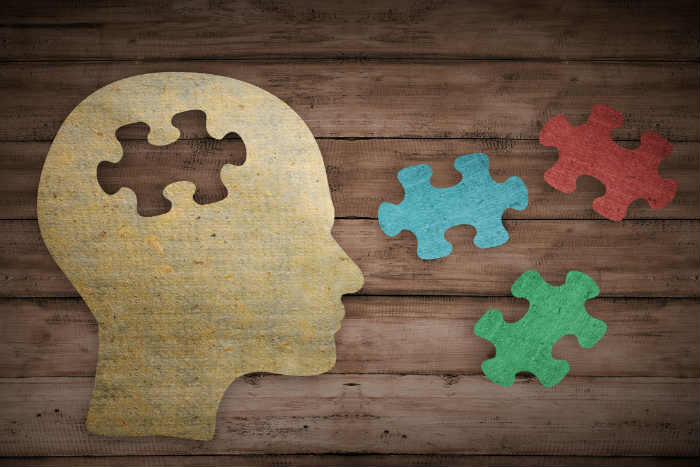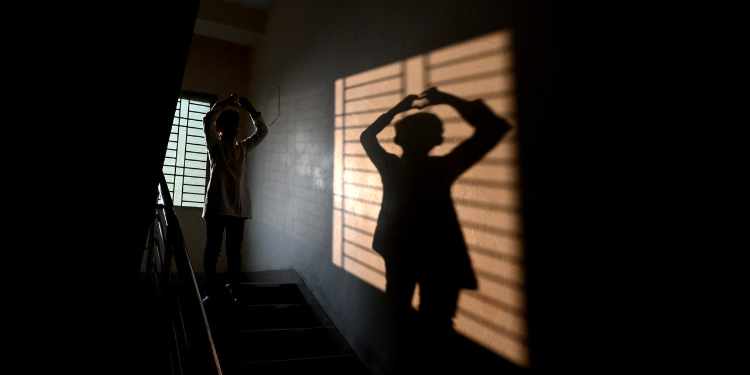











Carl Jung was a famous psychoanalyst and psychiatrist, and one of the founders of modern-day psychology. He developed theories about why we think and feel the way we do. One of his major philosophies involves the meaning of the unconscious parts of the human personality. Jung and fellow theorist Sigmund Freud had many ideas about the unconscious mind and how it affects our consciousness and mental health in general. Their theories, while similar, usually diverged around the idea of the unconscious mind.

Jung often used the term “the shadow” to refer to the unconscious mind, or the unknown “dark side” of our personality, due to the “primitive, negative, socially or religiously depreciated human emotions and impulses” that we all have naturally.[1][2]
A psychologist who follows the teaching of Jung may help a person who is struggling with mental health issues by encouraging them to dig deep into the thoughts they try to repress; thoughts that are in their “shadow” mind. Shadow psychology is the study and practice of the mind and behavior where various different kinds of therapy can help a person to unlock things that they may be hiding from themselves.[3]
Jung’s theory suggests metaphorically that humans tend to hide their flaws, faults, or maladaptive tendencies from themselves and others in an effort to see themselves as more honorable than those around them. While the “shadow” is normally identified as the negative parts of our subconscious, Jung also believed that it could include positive traits if a person was struggling with mental health issues. For example, if someone was suffering from depression, it’s possible that are unable to connect with their positive qualities and attributes because they are hidden in their subconscious.
What is the opposite of the “shadow”? Jung discussed the “light of consciousness” as the conscious part of the human mind that is easy to uncover and understand. His theory suggests that if there are dark, unconscious urges or desires that conflict with a person’s conscious mind, they will cause problems for people in their life. However, if a person is able to bring those urges and desires into their “light of consciousness,” they may be able to normalize them, understand them, and address them to help reduce their conflicting feelings.
Often those who follow Jungian psychology will help a client understand different ways they are trying to keep unconscious thoughts at bay. These may include using projection to place their unwanted thoughts or feelings onto another person when they begin to see themselves embodying characteristics that they dislike.
There are many other different patterns that Jung calls “archetypes” that he believed originated in the unconscious mind but begin to enter consciousness as thoughts, feelings, and behaviors. He also believed these archetypes are all part of the “collective unconscious”, or that they are something that all human beings share with one another. Jungian psychologists will use archetype theory and shadow theory to help clients understand and normalize some of their negative associations with themselves. They will explain that we all experience times when our unconscious mind tries to infiltrate our conscious mind and cause us to experience distress.[4]
Overall, the shadow theory is something that is used more metaphorically by psychologists to help their clients understand the deeper levels of their psyche. By using various therapy activities of shadow psychology, psychologists aim to provide some relief to patients dealing with mental health issues.
References